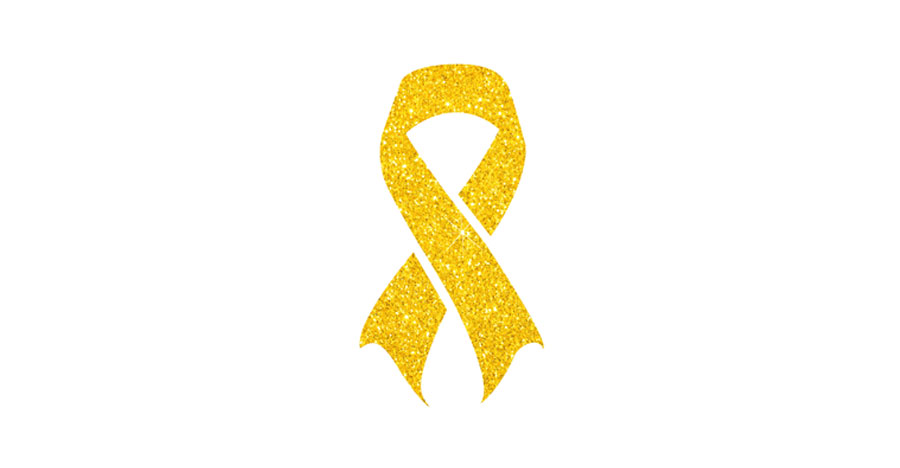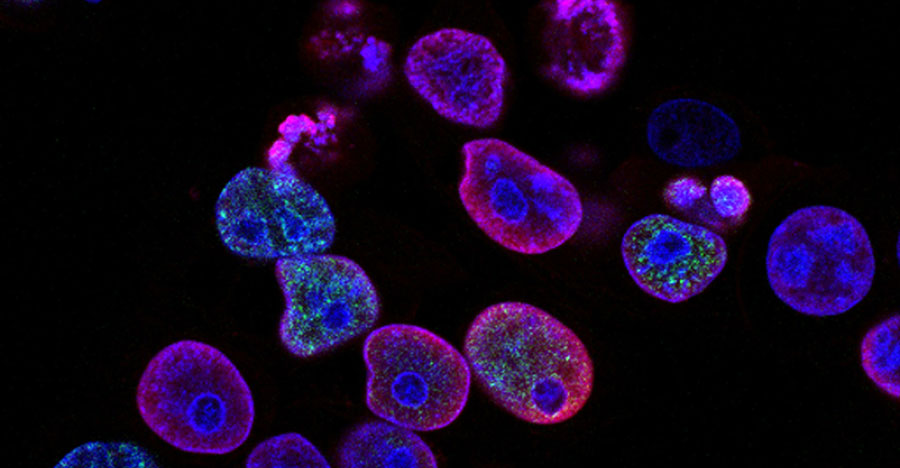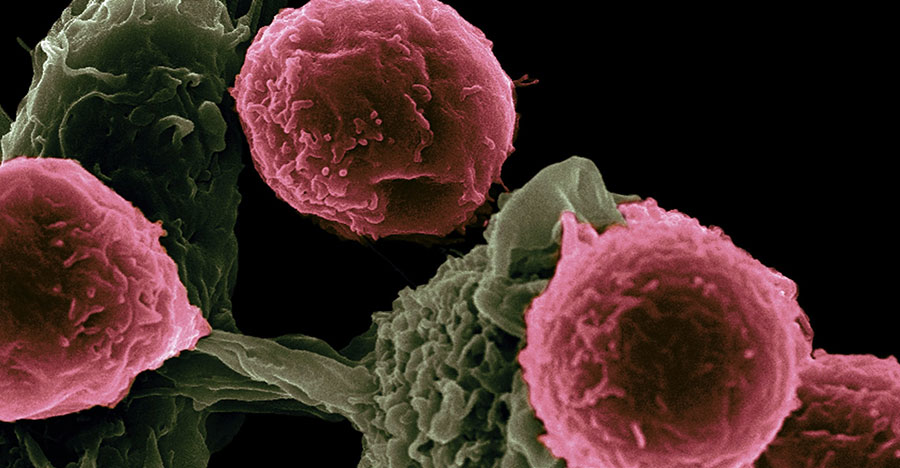Apart from non-melanoma skin cancer, breast cancer is the most common cancer in women of all races, with a lifetime risk of 1 in 27 in South Africa, according to the 2019 National Cancer Registry (NCR).
Both breast and cervical cancer have been identified as a national priority with increasing incidences occurring.
Approximately 19.4 million women aged 15 years and older live at-risk of being diagnosed with breast cancer – the cancer affecting women in South Africa the most. In 2013, deaths from breast cancer and cancers of the female genital tract, accounted for 0.7% and 1% of all deaths in South African respectively.¹
¹Vorobiof D, Sitas F, Vorobiof G. Breast cancer incidence in South Africa. Journal of Clinical Oncology 2001 (September 15 Supplement); Vol 19, No. 18s: 125s -127s
Risk factors: The risk for breast cancer increases as women grow older, but many women under the age of 40 are diagnosed with breast cancer. All women are at risk, and in particular women with a family history of breast cancer. Being overweight, inactive, consuming alcohol, poor dietary habits, smoking and exposure to chemicals also increases risk.
#CANSAWomensHealth #BreastCancerAwareness #WomensHealth
Lorraine Govender, CANSA’s National Manager Govender adds, “CANSA plays an active role in educating women about the symptoms of breast cancer, and how to do monthly self-examination of breasts. Research has shown that a regular Breast Self-Examination (BSE), plays an important role in discovering breast cancer, compared to finding a breast lump by chance. While not all breast lumps indicate cancer, they should be investigated. It’s vital to educate yourself and get to know the warning signs and symptoms.”
“CANSA offers Clinical Breast Examinations (CBE) at CANSA Care Centres to detect any irregularities and patients with medical aid benefits can claim from their medical aids once they have paid for the screening. Women are entitled to an annual clinical breast examination when visiting primary health care centres (according to the National Department of Health’s Breast Cancer Control Policy),” Govender continued.
A mammogram (a special x-ray to detect lumps in the breast), does not prevent breast cancer, however, can save lives by finding breast cancer as early as possible. Women from the age of 40 should go for an annual mammogram, for purposes of non-symptomatic breast screening. Women 55 years and older, should have a mammogram every two years – or if they choose, continue with an annual mammogram.
Some people have gene mutations that make them more likely to develop breast cancer. The most common gene mutations are found in the BRCA1 and BRCA2 genes that normally produce proteins that protect one from cancer. BRCA1 (BReast CAncer gene 1) and BRCA2 (BReast CAncer gene 2) are genes that produce proteins that help repair damaged DNA. Women with one of the defects have more of a chance of getting breast cancer so should be referred for an annual mammogram. See CANSA Breast Cancer Position Statement .
Women can be screened at public hospital breast imaging units. Or alternately, the Radiological Society of SA (RSSA) website (https://www.rssa.co.za/radiology-practices-in-sa/), can be accessed to see which practices offer breast imaging services and contacted for a booking. A doctor’s referral letter is not usually required for screening services. Any issues regarding bookings with a private practice, please contact admin@rssa.co.za for assistance.
Lwazi Mathivha, originally from the Eastern Cape and now based in Gauteng, was diagnosed with triple-negative breast cancer, “CANSA intervened and helped with access and advocated for timely diagnosis and treatment which helped me cope mentally and emotionally. They helped me with much needed support and are buffers by bridging the gap between the Health system for patients and affected families.”
CANSA’s advocacy team make decision-makers aware of challenges faced by cancer patients in accessing cancer screening and treatment, and lobby for necessary changes needed to lower the public’s cancer risk and to protect the rights of cancer patients and caregivers.
Govender shares CANSA resources available to patients where breast cancer has spread to other parts of the body – Metastatic Breast Cancer (MBC). Living with MBC is a long-term diagnosis with many side effects and challenges daily.
She explains, “The limitations of this condition don’t always allow survivors to attend face-to-face support groups and so it’s important to offer something meaningful and helpful online. With the help of experts and MBC survivors patients, our existing iSurvivor email support programme was re-written with a focus on the needs of MBC patients. Patients who sign up receive weekly emails over 16 weeks helping to guide and support them to cope.”
Patients can also sign up for CANSA’s MBC WhatsApp support group run by a social worker who is a breast cancer survivor. To join, please mail info@cansa.org.za Furthermore, CANSA offers a number of alternate support group options, online support resources, and free Tele Counselling in seven languages to cancer patients, caregivers and loved ones. An appointment can be made on 0800 22 66 22 or email counselling@cansa.org.za
“Stay informed by subscribing to our CANSA enewsletter featuring health campaigns and share this important information with the women in your life to help lower cancer risk and enable early detection of cancer,” concluded Govender.
Those who would like to raise funds to support our Women’s Health educational campaign and help keep screening affordable, can support the events in October. Purchase a ‘Doek with a Difference’ or a pair of earrings or wrap a tree as part of the Pink Trees for Pauline campaign – available at local CANSA Care Centres. Host or attend a Cuppa For CANSA event or CANSA SPAR Tea – contact Angelique de Witt adewitt@cansa.orgza or donate via CANSA’s secure, online platforms.
(For more information, please contact Lucy Balona, Head: Marketing and Communication at CANSA at email lbalona@cansa.org.za
https://cansa.org.za/breast-cancer-screening-can-save-lives/










